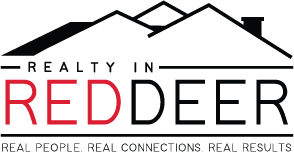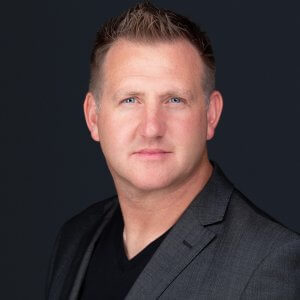Fortunately for buyers, there are a variety of mortgage to choose from. It is in your best interest to investigate each of them to determine which is the best for your situation. You probably won’t qualify for all of them. In fact you may only qualify for one. But if you qualify for more than one, you may save yourself money (and worry) in the long term if you do your homework before signing on the dotted line.
Fixed Rate Mortgages – A fixed rate mortgage is where the rate of interest and payment amounts are fixed for a specific term. This is a good option of you are planning on living in your home for many years of you are not a risk taker and prefer the stability of knowing how much your payment will be each month for the term of the loan.
Closed and Open Mortgages – A closed mortgage agreement does not provide for payout before the maturity date. A lender may permit early payout of a closed mortgage under certain circumstances but will charge a penalty for doing so. An open mortgage permits for prepayment / payout in full at any time without penalty. Many lenders allow you to increase your payments by 20% each year or prepay up to 20% of your loan each year without penalty. Check with your lender to find out what options are available to you should you choose a closed term mortgage.
Open Fixed Rate Mortgages – Choose an open fixed rate mortgage when you want the security and stability of a fixed rate mortgage with the flexibility to pay off your mortgage or make additional payments at any time without penalty.
Variable Rate Mortgages – Choose a variable rate mortgage if you are comfortable trading the peace of mind that comes with a fixed rate for the potential interest saving of a variable rate. What a variable rate mortgage, interest rates fluctuate with prime lending rate while your payment amount remains consistent over the term of the mortgage. If rates go down, a larger portion of the payment is applied to your mortgage principal, which means you could pay down your mortgage faster and save on interest payments.
Conventional Mortgage – A mortgage loan that does not exceed 80% of the lesser of the appraised value or the purchase price of the property. A mortgage that exceed that limit must be insured.
High Ratio Mortgage – A mortgage loan that exceeds 80% of the lesser of the appraised value of purchase price of the property. This mortgage must be insured and borrowers must pay an application fee and the insurance premium (which may be added to the mortgage) to the insurer.
Canada Mortgage and House Corporation (CMHC) – The Corporation of the Federal Government that provides mortgage insurance to lenders against borrow default, under the National Housing Act (NHA).
A Cash Back Mortgage could be ideal if you are a first time home buyer with a minimum down payment of 5%. The amount of money you receive is based on the size and term of your mortgage. Your cash back is paid on the date your mortgage is advanced just in time to help you cover immediate expenses, expected or otherwise!
First Time Buyer’s can borrow the down payment from their retirement savings. The Government of Canada has a home buyer’s plan (HBP) that allows you to withdraw up to $25,000 from your registered retirement saving plan (RRSP) tax free if you use it to buy or build your first home. You’ll have to repay this amount back to your RRSP’s within 15 years and there are some other conditions.


